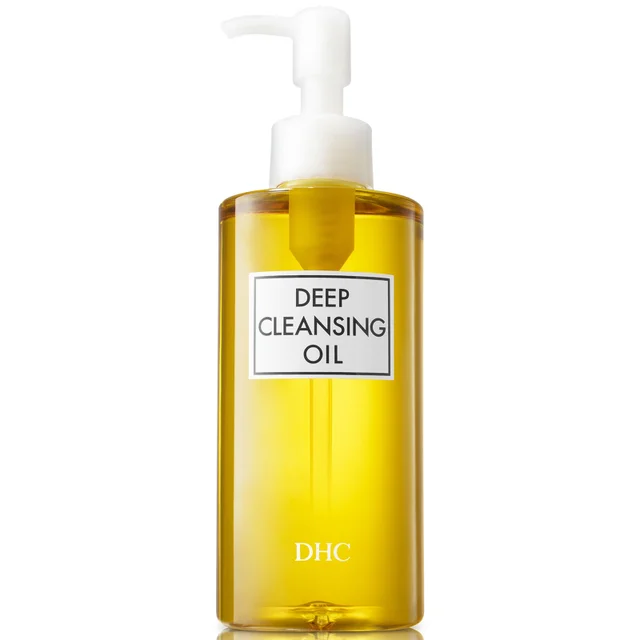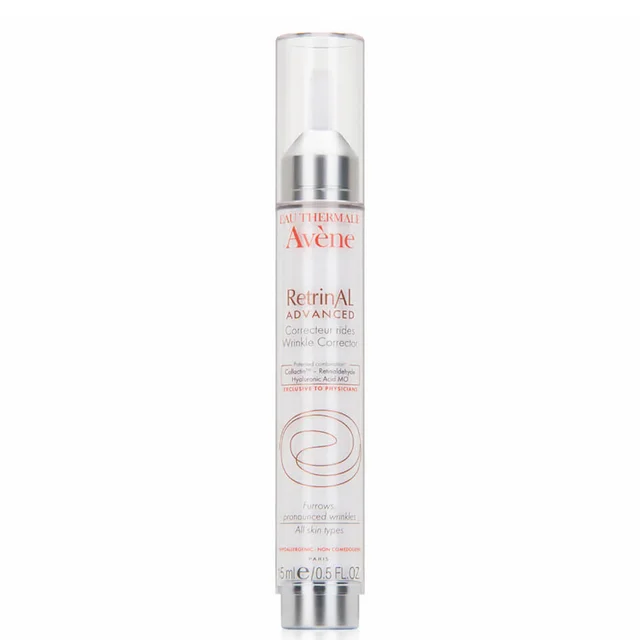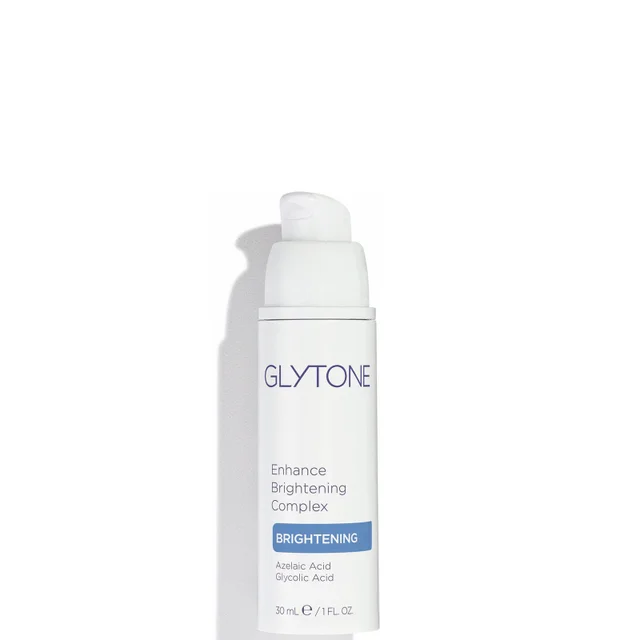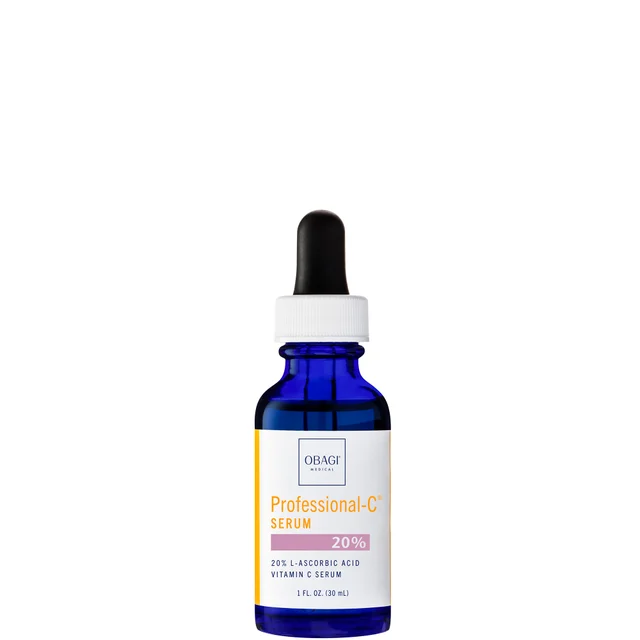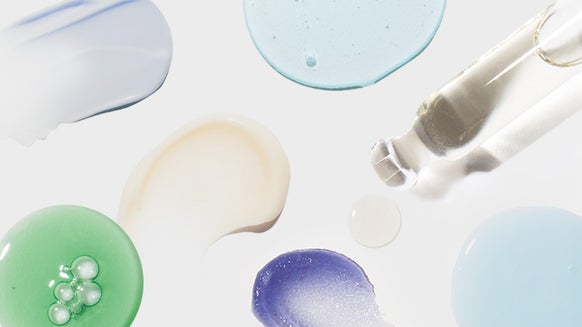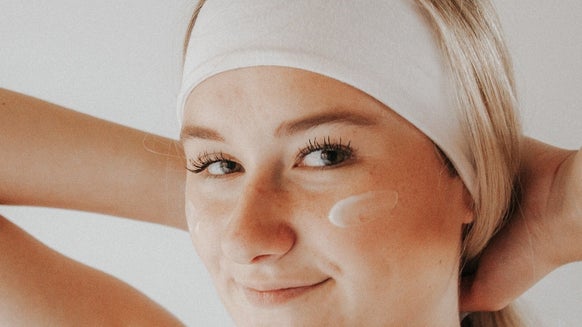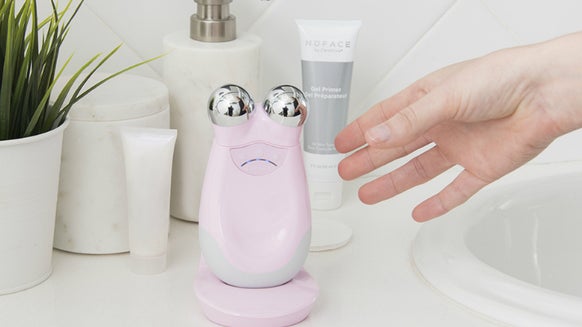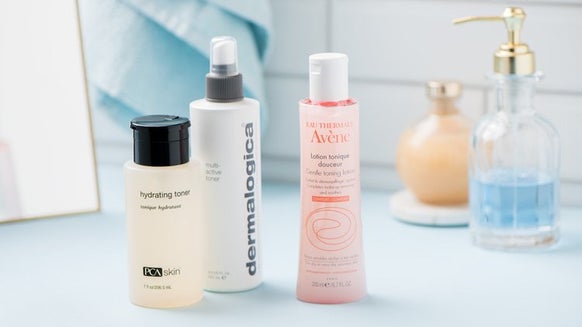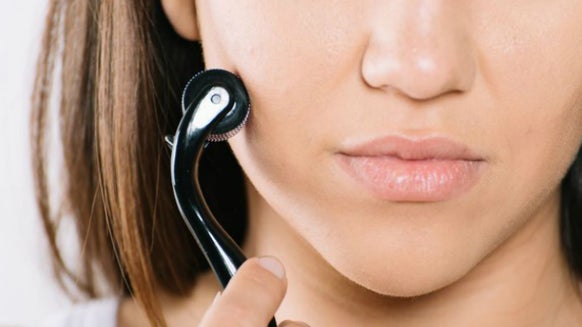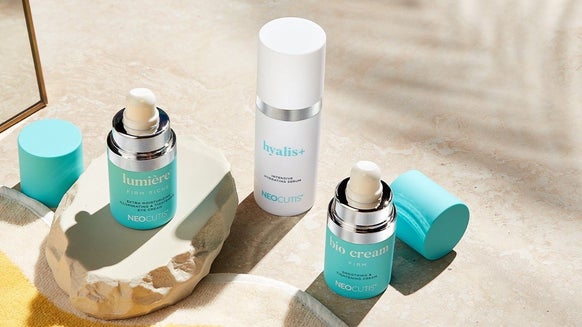Cocktailing 101: 6 Skin Care Products You Should Never Use Together
Anyone who has a decent skin care routine is familiar with product layering, or cocktailing, especially because it’s practically impossible to find one product that does it all: toning, hydrating, anti-aging, pore-reducing, sun-protecting, etc. Layering skin care products can be super beneficial for your skin, but here’s the catch—some ingredients do more harm than good when applied in tandem. We were inspired by this great Allure article to do a little more digging on our own. Read on to learn the do’s and don’ts.
“Cocktailing is the mainstay of what I do,” Charlotte’s Book certified dermatologist Dr. Karyn Grossman told Refinery 29. But she warns that some of the powerful actives in your skin care are just that—they’re powerful. “Cocktails can be very aggressive,” says Dr. Grossman. “What happens often is that people use too much too fast, and the skin becomes inflamed and irritated.”
In some cases, the way you’re mixing—or the products you’re using together—makes everything less effective. And in other cases, it can actually damage your skin.
Renée Rouleau, a Charlotte’s Book expert contributor and aesthetician, agrees. We took a cue from her list of do-not-mixers and put together our own:
Both are great anti-aging tools, but prescription retinoids are much stronger than non-prescription retinol, and while they’re effective at resurfacing sun-damaged skin, they’re more irritating. “Since an AHA like glycolic acid has a lower pH than the skin has (which is how it dissolves dry cells on the surface of the skin), this damaged protective barrier can be exacerbated when using at the same time as a prescription retinoid,” says Rouleau. The good news? You can alternate nights – just don’t use your products on the same night.
You might be thinking: but don’t they both fight acne? Yes, but … retinol stimulates cell production and can leave skin extra sensitive. Benzoyl peroxide works by drying the skin, which causes double the irritation in tandem with retinol.
Never mix retinoids with vitamin C products. “Vitamin C has a very acidic pH and together [with retinol] they can be unstable,” says Charlotte’s Book verified dermatologist Dr. Joshua Zeichner. Choose one or the other, or use retinoids in the evening and vitamin C in the morning.
This includes lactic, glycolic, salicylic, malic or tartaric acid. These AHAs and BHAs lower the pH of your skin, and dissolve surface dry skin cells. Adding your own vitamin C to an acid might mean that the ratio of C to acid will cause redness and peeling. If you’re excited about the blend, try something that’s specially blended, like Skinceuticals C+AHA.
In this case, there’s no danger of over treating the skin—the danger is in under treating. Cleansing oils leave a barrier on the skin, and if you’re using an expensive, potent serum after, it’s not getting to your skin.
This is a tempting timesaver, but it’s not advised: you’re essentially cutting the efficacy of your sun protection by diluting it with makeup.

From the latest hair and makeup trends to the best solutions for your skin issues, we've got all your beauty concerns covered!
